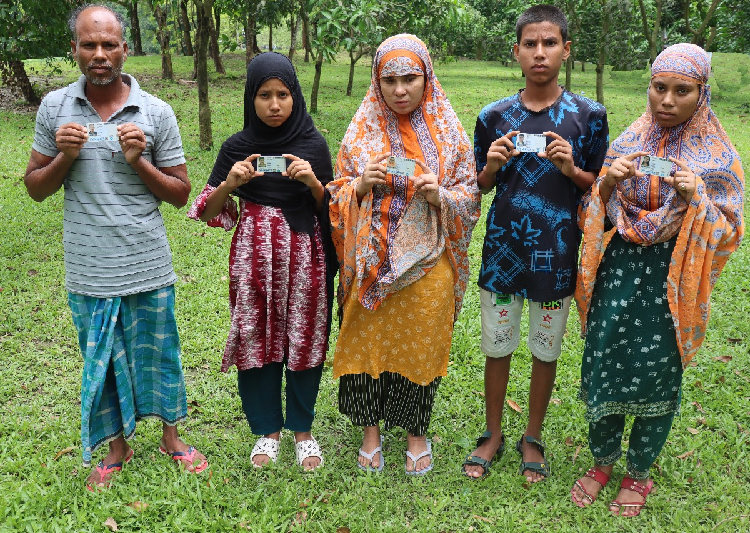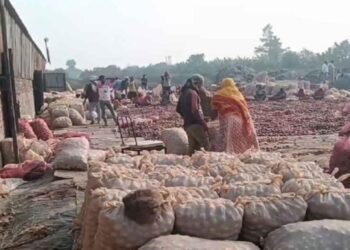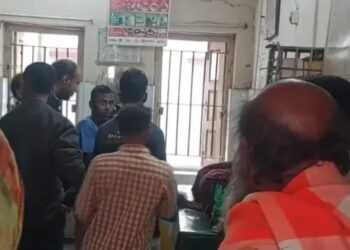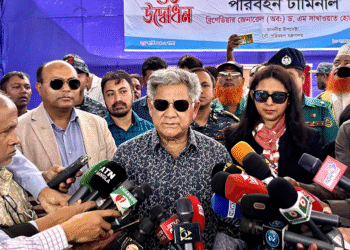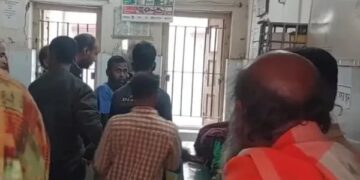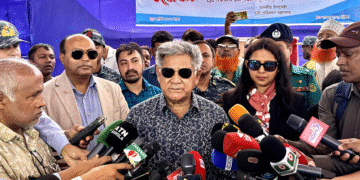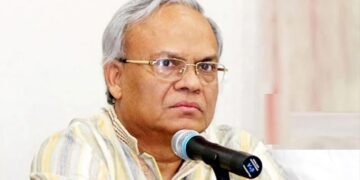5 Rohingya Refugees Enter Bangladesh Through Kurigram
On May 7, five Rohingya refugees entered Bangladesh through the Kurigram border. They were later detained by members of 22 Border Guard Bangladesh (BGB) Battalion. The group was captured from the Nutanhat Bazar area under Chor Bhurungamari Union in Kurigram’s Bhurungamari upazila.
They were all in possession of valid UNHCR refugee cards
During their investigation of the arrested individuals, BGB personnel found five identity cards issued by the United Nations High Commissioner for Refugees (UNHCR). The UN refugee agency formally accepted the individuals as refugees after these cards were lodged in New Delhi, India.
Refugees Claim They Were Living in Assam, India
During questioning, the detained Rohingyas said they had been living in Mandakata, Assam, India. They also claimed that they were forced out of India by the Indian Border Security Force (BSF).
According to them, BSF pushed them across the border and forced them into Bangladesh territory, despite their refugee status and UNHCR registration.
Read More: Jagannath University Declared Shut Down Until Demands Are Met
Rohingyas Fleeing Genocide in Myanmar
The detained Rohingyas are originally from Myanmar, where the military has carried out violent attacks and genocide against the Rohingya minority. In order to save their lives, they fled Myanmar and took shelter in India, hoping for safety and stability. Despite holding valid refugee documents, they were still forced out of India.
Presently under investigation in BGB custody
The Rohingya have being held in safe custody at the battalion headquarters of the 22 BGB Battalion in Kurigram. To learn more about their origins and how they were forced into Bangladesh, they are being questioned more.
In summary
This case raises serious issues about the treatment of refugees with valid UNHCR documentation and the increasing pressure on border areas such as Kurigram. As the global refugee crisis increases, questions remain regarding how countries like India are handling vulnerable populations like the Rohingyas and what role Bangladesh will play in ending such forced movement over its borders.
Source: Channel i Online

